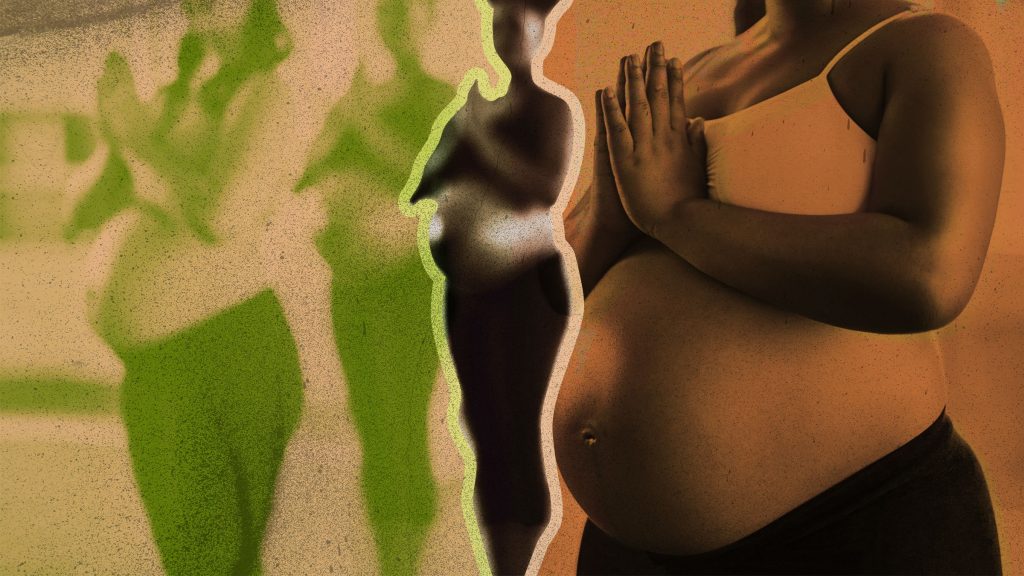Health Risks of Increasing Inequality
2 min read
Inequality Is a Health Risk—and It’s Getting Worse
Inequality is not just a social or economic issue; it also poses a significant risk to public health. Research has consistently shown that individuals living in low-income or marginalized communities face higher rates of illness, disease, and premature death compared to those in more affluent areas. This stark disparity in health outcomes is deeply troubling, and the gap between the haves and the have-nots is only widening.
Studies have shown that individuals with lower incomes are more likely to suffer from chronic conditions such as diabetes, heart disease, and respiratory illnesses. They are also less likely to have access to quality healthcare services, nutritious food, and safe living conditions. These factors contribute to a cycle of poor health outcomes that are perpetuated by systemic inequalities.
In addition to physical health, inequality also has a profound impact on mental health. Those living in poverty or facing social exclusion are at greater risk of mental health disorders such as depression, anxiety, and substance abuse. The stress of financial insecurity, discrimination, and lack of social support can take a severe toll on mental well-being.
Addressing inequality as a health risk requires a multi-faceted approach. Policymakers must work to reduce income inequality, improve access to healthcare and social services, and create supportive environments for all individuals to thrive. Community-based interventions, education programs, and advocacy efforts are also essential in addressing the root causes of health disparities.
Ultimately, we cannot afford to ignore the impact of inequality on public health. It not only undermines the well-being of individuals and communities but also poses a threat to societal stability and economic prosperity. By prioritizing equity and social justice, we can create a healthier and more resilient society for all.






